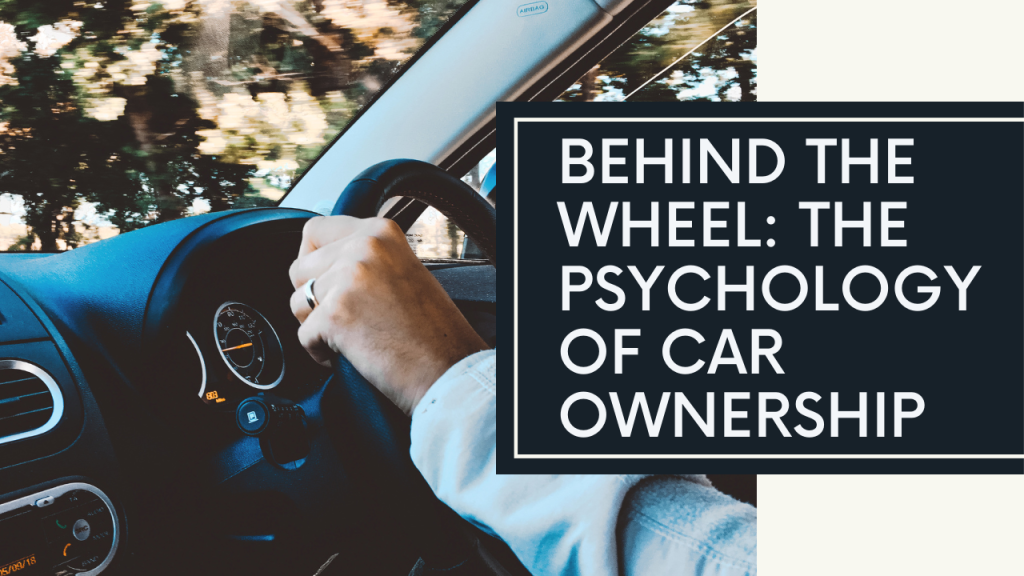The decision to own a car goes beyond mere transportation; it’s deeply intertwined with human psychology and emotions. Understanding the psychology of car ownership offers insights into why people develop strong attachments to their vehicles and how these connections shape their identities and lifestyles.
For many, owning a car symbolizes freedom and independence. The ability to travel at will, explore new places, and control one’s schedule fosters a sense of empowerment and autonomy. Cars become an extension of the self, reflecting personal preferences, values, and aspirations.
Moreover, cars serve as status symbols, signaling social standing, success, and achievement. Luxury brands evoke feelings of prestige and exclusivity, while classic cars evoke nostalgia and admiration for craftsmanship and heritage. The car we drive often communicates messages about our socioeconomic status, personality, and lifestyle choices.
Additionally, cars provide a sense of security and familiarity. They offer a private sanctuary where individuals can escape from the outside world, unwind, and recharge. The rituals associated with car ownership, such as regular maintenance, cleaning, and customization, foster a sense of pride and ownership.
Furthermore, cars can evoke strong emotional attachments and memories. From road trips with friends to family vacations and romantic getaways, cars are woven into the fabric of our most cherished experiences and moments.
In conclusion, the psychology of car ownership is multifaceted, encompassing notions of freedom, status, security, and nostalgia. Our relationship with our cars is deeply personal and complex, reflecting our values, aspirations, and memories. By understanding the psychological drivers behind car ownership, we gain insight into the profound impact that cars have on our lives and identities.

